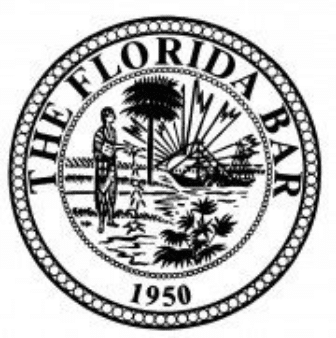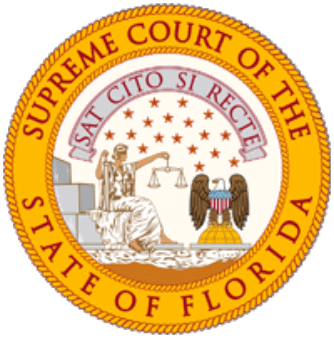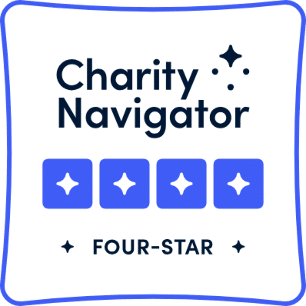Courtesy of Hon. Catherine Peek McEwen, U.S. Bankruptcy Court for the Middle District of Florida. Judge McEwen shared her 10 ways to encourage others to take a pro bono case at The Florida Bar Foundation’s 2020 Virtual Award Ceremony.
What more can leaders who promote pro bono service do that is new and different to encourage others to take that one case? Leaders can:
1, Advocate that firms draw from and adopt the best practices suggested by The Florida Bar Business Law Section’s Pro Bono Best Practices Guide.
2. Point out all the various ways pro bono service can be performed, in various chunks of time, from something as quick as Florida’s participation in the ABA’s Free Legal Answers, to taking on a long Hague Act case. Opportunities come in all different kinds of subjects, too (like the many flavors of Baskin-Robbins — there is a pro bono case or need to fit your taste.)
3. Point folks to an easy way to find a case by going to The Florida Bar Foundation’s org.
4. Point out that most pro bono opportunities come with an experienced mentor and training, so that the excuse of “I don’t know about that area” is really no excuse at all.
5. Point out that the pandemic has taught us that pro bono legal service can be performed over the phone or computer and at times that are most convenient for the working poor — who don’t need to worry about lack of transportation or missing work.
6. Judges can initiate a Legal Assistance Program, such as the one in the Middle Florida bankruptcy court, that matches indigent people with lawyers who have signed up to be on an assignment rotation. Or, judges can work with a Bar association to create a virtual clinic as the district and bankruptcy court did in Middle Florida.
7. Judges can also help create do-it-yourself resources for indigents and make them available on the court’s website.
8. Firm leaders looking to provide first-chair experience to younger members to increase their value to the firm can ask judges to call them when the judges spot an indigent in need of counsel.
9. Leaders can also urge that the aspirational goal of 20 hours of free legal service to the poor be accompanied by a monetary gift to The Florida Bar Foundation or their local legal services provider. The value of a single hour of billable time won’t be missed by the donor but will go far for the recipient.
10. And, finally, leaders can look for new and different ways to thank volunteer lawyers when they do take that one case and keep that promise. How about a pizza party when the pandemic lifts?
Judge McEwen concluded her remarks with inspiring words from Sargent Shriver’s 1999 speech at the National Center on Poverty Law. He said, “As a lawyer, I believe that our government, my government, and your government, and my profession and your profession, have a positive, moral and legal duty to make sure that legal services are available to the poor on an accessible, affordable, regular, dignified basis, and if necessary, even free of charge! Which means that I, as a lawyer, believe that some significant part of my money, time, thought and energy belongs, I don’t give it—it belongs to others not just me!”




